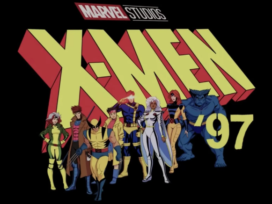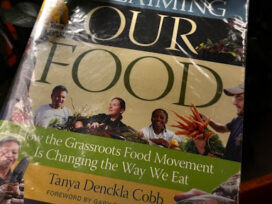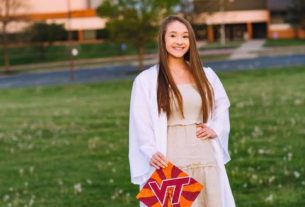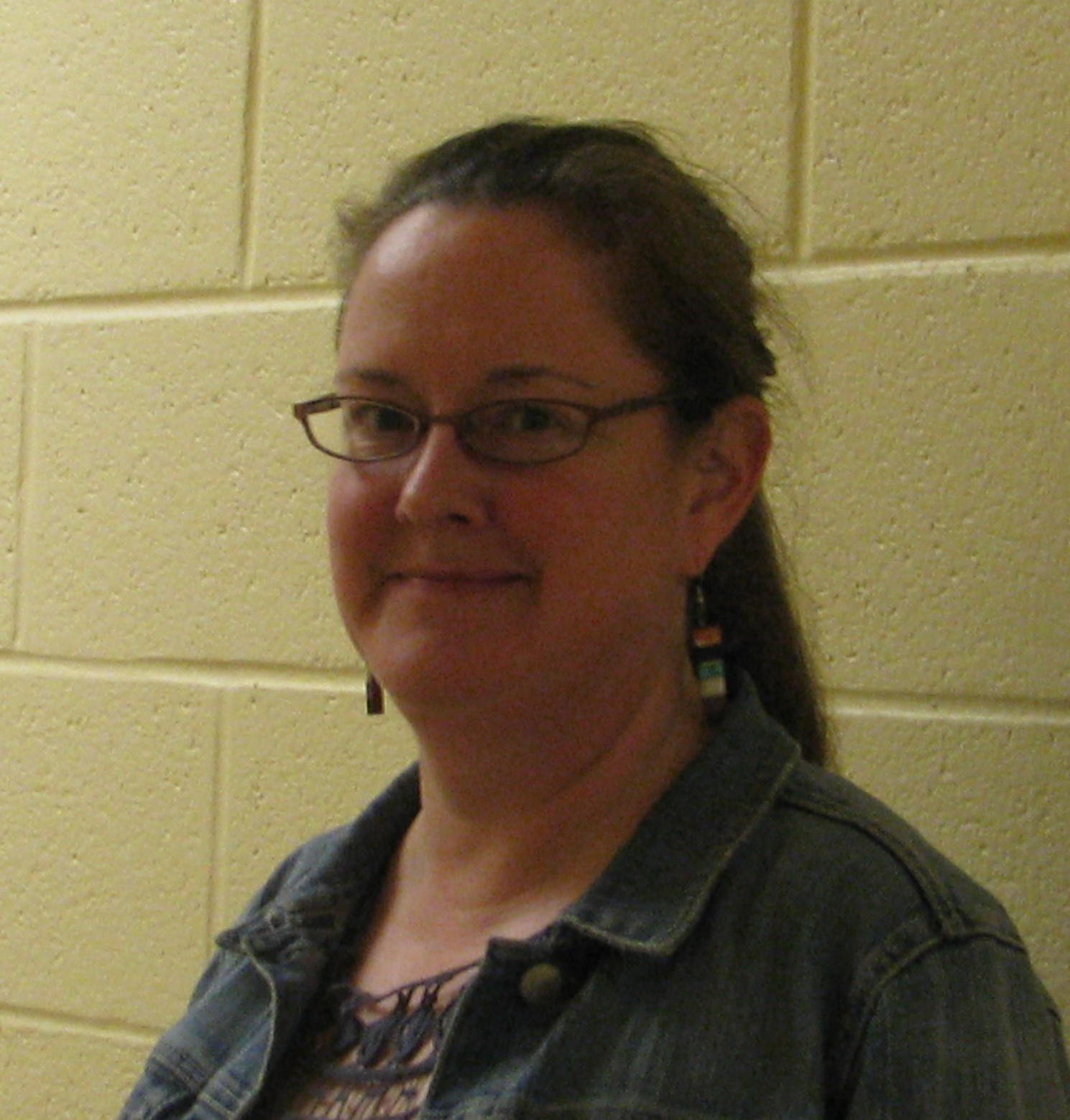
Charlottesville’s lesser known emancipation holiday
Juneteenth, a national holiday that celebrates the complete enforcement of the Emancipation Proclamation in former slave states, is a celebration that many people know and celebrate, but most are probably not familiar with Charlottesville’s own emancipation celebration, Liberation and Freedom Day.
Liberation and Freedom Day is a city holiday on March 3 which celebrates the day in 1865 when Union General Philip Sheridan’s cavalry arrived in Charlottesville, signaling the end of slavery at UVA and the rest of Central Virginia. At the time of General Sheridan’s arrival, roughly 14,000 African-Americans were enslaved in Charlottesville, over half of the population.
To celebrate Liberation and Freedom day, the Jefferson School African American Heritage Center hosts a series of events over the course of a week in conjunction with other Charlottesville organizations. The events typically encompass the three day span in which the Union occupation of Charlottesville occurred.
“Our ability to enjoy this day as a holiday came as a consequence of the Blue Ribbon Commission’s recommendations of Liberation and Freedom Day replacing Thomas Jefferson’s birthday as a city holiday, so now we have been celebrating for the last four or five years,” said Dr. Andrea Douglas, the executive director of the Jefferson School African American Heritage Center.
The Jefferson School’s celebration included a number of events. From March 1-6, there was a Reparations Fun Run that took participants on a 9.7 mile course that featured African-American owned businesses as well as local sites of importance to African-American history. Roughly $7,000 was raised for several different African-American organizations, including the NAACP youth council, 101.3 Jamz, and the Charlottesville Public Housing Association of Residents (PHAR).
“This year, PHAR plans to use the funding towards our community organizing efforts,” said PHAR Executive Director Shelby Edwards, “This includes our dynamic internship program as well as our resident-led redevelopment efforts. For over 20-plus years PHAR has been amplifying the voices of low-income residents and as we continue the work, we will always be centering, educating, and empowering the low-income residents of Charlottesville.”
March 3, Liberation and Freedom Day, began with a morning vigil at the Charlottesville court square where African-Americans had been sold into slavery less than 200 years ago.
Later that day, Descendants of Enslaved Communities at UVA (DEC-UVA) hosted an event with singer/musician Calvin Earl at UVA’s Memorial to Enslaved Laborers, the design of which had been approved three months after the addition of Liberation and Freedom Day as a city holiday in 2017. People gathered around sitting on chairs or standing outside the waxing crescent shape of the Memorial to Enslaved Laborers as the event began to the beat of Chihamba drum call and dance, with a moment of silence in remembrance following it immediately afterwards.
Jalane Schmidt, a local activist and associate professor of religious studies at UVA, introduced the history of Liberation and Freedom Day to the crowd. Calvin Earl then sang and spoke about the history of Spirituals as a means of communicating history and stories and their significance to African-American culture. A recording of this event can be found on the DEC-UVA Facebook page.
The next event that day was an online lecture by Professor Schmidt and Dr. Andrea Douglas of the Jefferson School, where Schmidt discussed Liberation and Freedom Day as well as her upcoming book on Charlottesville’s civil war and reconstruction period. A full recording of this lecture can be found on the Jefferson School YouTube page.
On the following Saturday, Schmidt and Douglas presented the Swords Into Plowshares Community Engagement Kick-Off event, which was centered around the discussion on Jefferson School African American Heritage Center’s proposal for a plan to turn the melted down Robert E. Lee statue from the now former Lee Park into a new work of public art.
In a quote from the Daily Progress, Douglas said, “We’re not looking for the representation of the Black body to replace the object. We’re looking for the representation of Charlottesville and how Charlottesville deals with its own needs towards healing. Something happened to us. Something has been happening to us. So how do we channel all of that energy?”
Swords into Plowshares intends to host another community engagement event in May, to help determine what should be done with the melted down ingots of the Lee statue. More information will be made available on their website, https://sipcville.com/, as the date approaches.
The last and currently ongoing event is the Picturing Climate Justice exhibit at the Jefferson School Building. The Jefferson School webpage says, “Picturing Climate Justice provides a window into local actions to promote climate justice and aspires to broaden local resident engagement in ongoing advocacy work. In 2021, local groups, including the Community Climate Collaborative (C3), Cultivate Charlottesville, Wildrock, and the UVA School of Architecture Project Pipeline Youth Design Mentorship Program collaborated with the UVA Equity Center Democratization of Data Initiative to engage youth in a number of activities represented in this exhibit. Photographs, artwork, and poetry from these activities are presented alongside interactive data tools to shed light on the nature of climate injustice in our region. The exhibit also offers visions for a more just regional response to climate change and opens to observers to contribute their knowledge in various arenas, inviting us all into the work of climate justice.”






